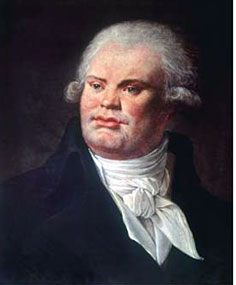 Georges Danton (1759-94)
Georges Danton (1759-94) Whiskey 221 ~ October 1794, Part 3 of 3
The Whiskey Rebellion 1791-94: Western Pennsylvania
Sincere
Free of pretense and deceit are marks of sincere: synonyms include genuine and heartfelt.
Georges Danton was a French leader during the revolution and the Reign of Terror. As a delegate to the National Convention he served as the first president of the Committee of Public Safety; Robespierre was the second and had Danton and 14 others arrested, tried and guillotined for counter-revolutionary activities. Danton’s last public words were: “My only regret is that I am going before that rat Robespierre.”
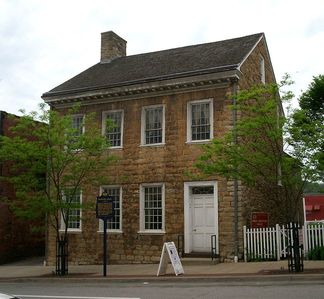 The David Bradford House - National Historic Landmark
The David Bradford House - National Historic Landmark The French Republic sincerely guillotined citizen Danton (and so many others) for voicing difference; the American Republic pardoned citizen Bradford (on 9 March 1799) for voicing difference:
"I—John Adams, President of the United States of America, have granted, and by these presents do grant unto the said David Bradford a full, free, absolute and intire pardon for all treasons, suspicions of treasons, felons, misdemeanors and other crimes and offences by him committed or done against the United States, in relation to the Insurrection aforesaid hereby remitting and releasing all pains, and penulties by him incurred by reason of the promises."
Whiskey222 is distillin’ ~ Thanks All!
*Next Up: Friday 30 October and calling Steve (for the third year) about my 2016 Halloween Dream; then on Saturday 31 October with the story of George Hempington and the First Hempoween.
Posted by Bryan W. Brickner
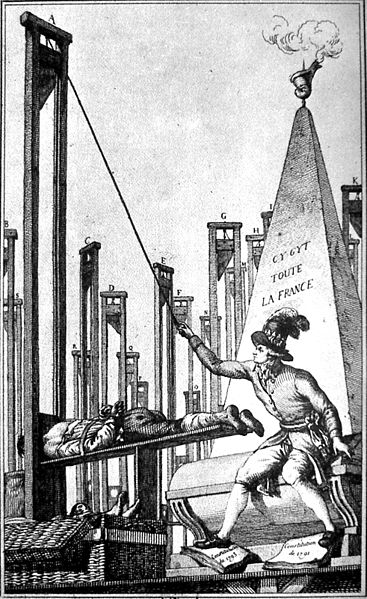
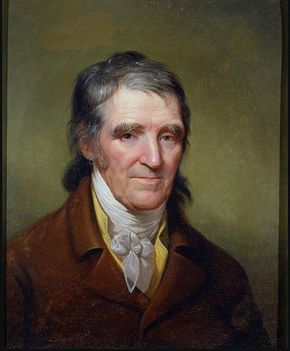
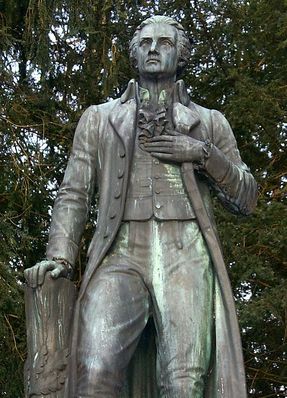
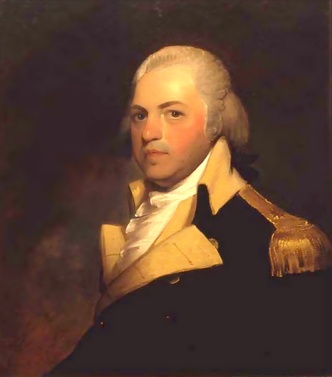
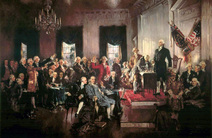
 RSS Feed
RSS Feed
